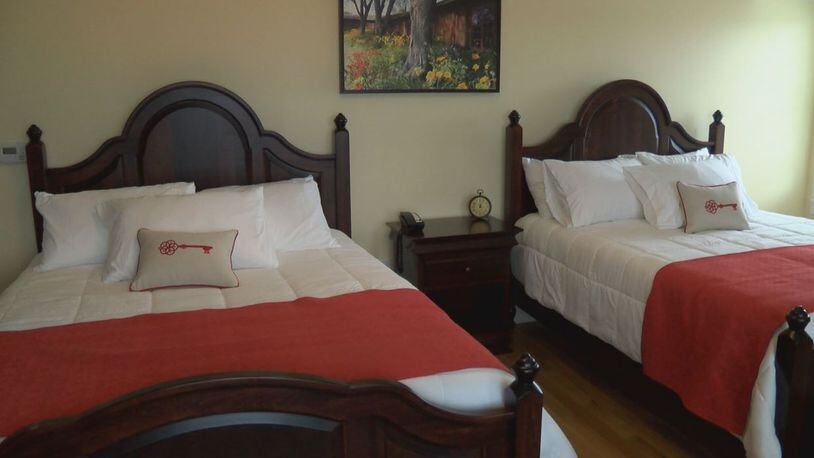STAY CONNECTED: Greene County News on Facebook
The tax is conservatively projected to result in annual revenue of $25,000, according to the village.
Village Manager Patti Bates said the tax will largely help the village pay for services during special events, in which the village often absorbs the costs of providing police protection, utilities and other services.
“The village has a lot of special events and there are costs to the village that do not get passed on. The tax, among other things, can help offset the costs of special events,” Bates said.
Village Council will be discussing the final details of the tax’s policies and procedures that need to be in place at their Dec. 4 meeting.
MORE: Xenia schools to form community task force in wake of 3 levy defeats
Proprietors who would be required to pay the tax to the village will need to register with the village.
The tax would affect businesses like the Mills Park Hotel, 321 Xenia Ave., and the Arthur Morgan House Bed & Breakfast, 120 W. Limestone St.
Those proprietors were not immediately available for comment on this story.
The move to implement a lodging tax in the village required that the village’s zoning code be amended to align with the state’s zoning code language of “transient guest lodging,” as opposed to “short-term rentals.”
Transient guest lodgings are defined as rooms being rented for 30 days or less. Short-term rentals are defined as lodgings that are rented out for longer than 30 days, but less than a year.
Homeowners who rent one or more rooms for fewer than five days each year would not need to pass along a lodging tax to their guests.
MORE: Most fatal crash victims in Greene County this year not buckled
Bates said more people in the village are renting out their homes and rooms through Internet listings and businesses, such as Airbnb. Any property owner who wants to rent one or more rooms more than five times a year will need to be certified by the village, which involves getting approval from the Planning Commission.
Village Solicitor Chris Conard has proposed that the commission consider four questions when making such determinations:
- Whether the essential character of the neighborhood would be substantially altered or whether adjoining properties would suffer a substantial detriment as a result of the conditional use;
- Whether the conditional use would adversely affect the delivery of governmental services;
- Whether the conditional use will negatively impact affordable housing and/or whether the conditional use will decrease the potential income tax that the village could collect;
- Whether the spirit and intent behind the zoning requirement would be observed and substantial justice done by granting the conditional use.
Bates said the village will be monitoring whether the change negatively impacts the availability of affordable housing.
Conard advised council members that villagers may be able to afford to live in town by renting out space, but if too many homes are turned into “transient-guest lodgings,” it could result in a shortage of affordable dwellings.
About the Author
